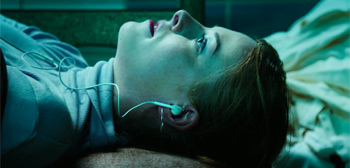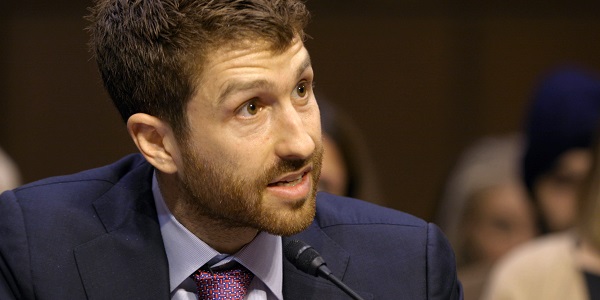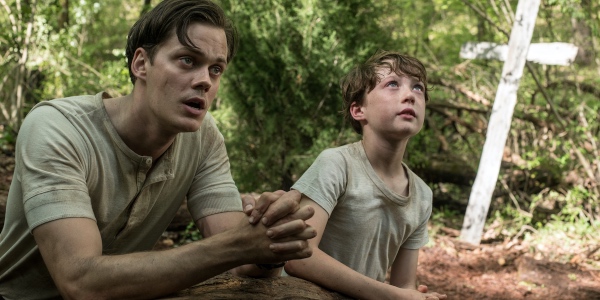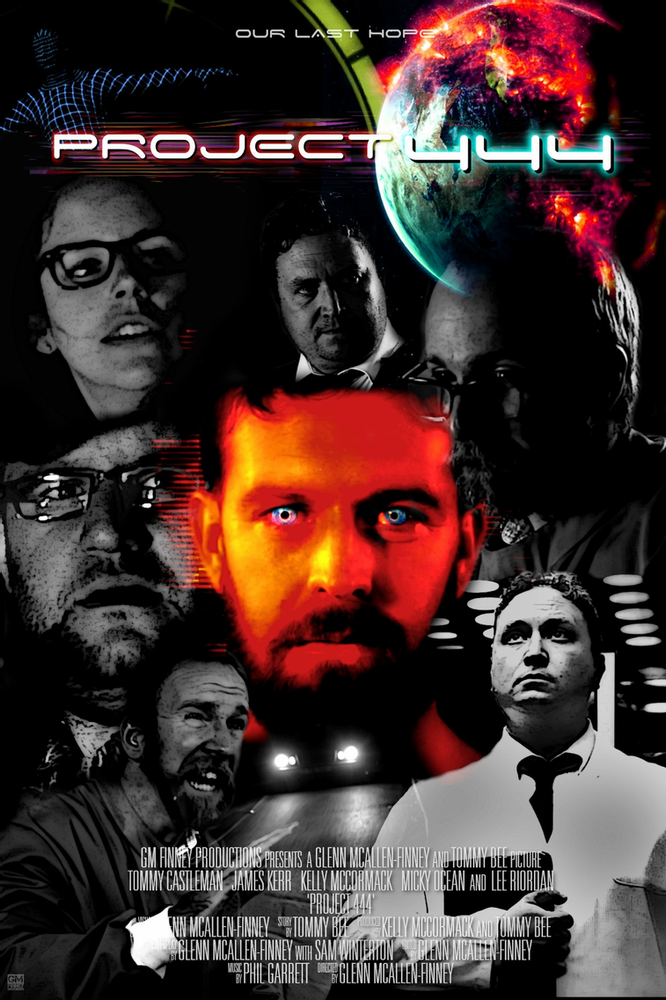George Kennedy Is Out for Blood in ‘The Human Factor’
Welcome to The Prime Sublime, a weekly column dedicated to the underseen and underloved films buried beneath page after page of far more popular fare on Amazon’s Prime Video collection. We’re not just cherry-picking obscure titles, though, as these are movies that we find beautiful in their own, often unique ways. You might even say we think they’re sublime…
“Sublime /səˈblīm/: of such excellence, grandeur, or beauty as to inspire great admiration or awe”
More often than not, actors with long careers find themselves settle into a familiar kind of role. It’s the reason we have action stars, repeat Oscar nominees, romantic comedy stars, and more — people find their niche and typically stick with it. Character actors can sometimes buck the trend more easily than leading men and women, but even there the best known supporting players typically have a sweet spot when it comes to characters and roles.
George Kennedy was best known as a supporting player who shifted pretty easily between characters and played tough guys, lovable guys, and funny guys with equal ease and appeal. His lead roles are relatively limited across his half century career, but they’re often worth seeking out. Exhibit A? 1975’s odd little European revenge thriller, The Human Factor.
What’s it about?
John Kinsdale (Kennedy) is a numbers guy who works for NATO in beautiful Naples, Italy. He jokes around with co-workers, fingers a keyboard or two, and returns home one day to find his family has been slaughtered by unknown assailants. Understandably distraught, he begins to spiral emotionally leading his friends/co-workers Mike and Janice to worry. Seeing nothing to live for, John prepares to take his own life, but a news report on the crime instills him with new purpose — he’s going to find those responsible and kill the shit out of them.
What makes it sublime?
There’s something about seeing performers tackle atypical roles, and Kennedy does just that here. His career was both plentiful and varied, and different viewers will remember him as a Western stalwart (The Sons of Katie Elder, 1965; Bandolero, 1968), an Oscar winner (Cool Hand Luke, 1967), the working man’s John McClane (the four-film Airport franchise), a comedic foil (The Naked Gun, 1988), or a horror veteran (Death Ship, 1980; Just Before Dawn, 1981; Uninvited, 1987; Demonwarp, 1988).
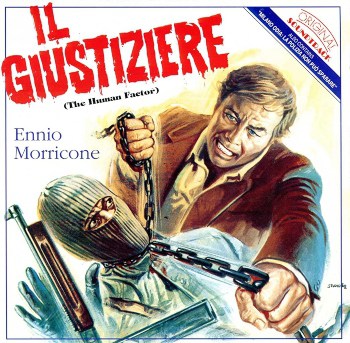
It was the final film from director Edward Dmytryk, and while he’ll always be better remembered for movies like Shalako (1968), Warlock (1959), The Caine Mutiny (1954), and Murder, My Sweet (1944) he goes out with a bang here. The film’s writers, Peter Powell and Thomas Hunter, made their debut with the film and followed it with 1980’s fun sci-fi joint The Final Countdown. Oh, and did I mention it’s scored by Ennio Morricone?
There’s action here, including a stellar finale that alone makes this a movie worth checking out, but getting there involves watching Kinsdale do some serious sleuthing and time spent as a keyboard warrior. He takes what little information has been gathered and runs it through NATO’s fancy database called Nine-Eleven, and soon he’s on the trail. The killers strike again — another American family murdered without apparent motive — and Kinsdale’s detective work lands him in pursuit of a terror cell that’s targeting Americans in an attempt to free political prisoners. Boom! Back to the database which can trace air particles around the globe and find a red haired man who’s new to Europe, and the final confrontation grows increasingly inevitable.
Women and kids are tied up and shot which ensures we see these freedom fighters as real assholes, and that ensures we’re fully in Kinsdale’s corner as he takes the fight to them. We get a pretty thrilling car chase through a busy street, a foot chase that sees Kennedy shove a kid who should have known better than to get in his way, and more. He slaps a guy near to death, breaks a switchblade with his bare hand, uses a chain like a whip around someone’s neck before snapping it, and then — and only then — goes gonzo.
Skip to the next paragraph if you’re planning to watch this one soon… still here? The remaining terrorists sneak onto a US military base, infiate the base’s Exchange store, and take several people hostage. In any other movie this would be the start of a second or third act, but here it’s the final ten minutes of the film. The military folks set up around the perimeter, start debating how to handle it, and prepare for negotiations — and Kinsdale just crashes through all of them, smashes in through the front window, and kills every last one of these fuckers including an unarmed female baddie. It’s pure adrenaline-fueled carnage packed into five minutes, and it’s pretty glorious.
And then the movie ends with this long-ass quote!
“Whomsoever cause malice to mother with child he shall be surely punished according as the woman’s husband shall lay upon him and he shall pay as the judges determine. But should death be caused due to said malice then thou shalt give life for life, eye for eye, tooth for tooth, hand for hand, foot for foot, burning for burning, wound for wound, stripe for stripe.”
And in conclusion…
The Human Factor is a fun little genre effort that was never destined for blockbuster status or critical acclaim, but it lands 95 minutes of solid entertainment. The ending aside, Kennedy is the main draw here delivering a performance that reminds you of the man’s versatility and talent as he anchors an unlikely tale of revenge. There’s a lot of plot and several supporting characters packed in tight here, but in the end none of it matters one bit. This is Kennedy’s show, and he shoots it in the face with style, sweat, and an understandable rage.
Want more sublime Prime finds? Of course you do.

